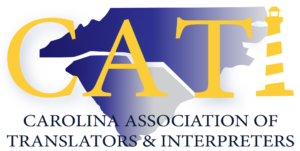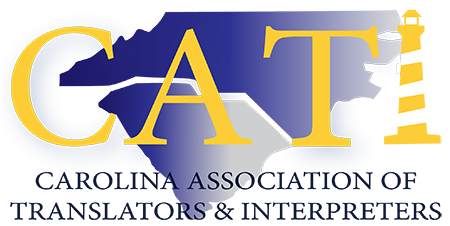
|
|
Objectives:
- The assortment of solutions that help the persons with a temporal o permanent disability on the arms and/or hands to go on working; and that these solutions will also be useful after recovery
- The utmost importance of choosing the software and hardware that best fits their physical traits, environment and budget.
- That adaptative technologies requires varying degrees of time and effort, but they are worth the effort.
While using a sling after shoulder surgery, I had to translate with only one hand. My surgery was scheduled weeks in advance, so I had time to collect a set of tools that made work in such conditions not only feasible but also reasonably quick. After recovering the use of both hands, some of those tools proved to be a boost to productivity, and more importantly, comfort and ergonomics.
Come to meet the solutions I found and choose the hardware and software tools that better suit your personality, level of computer expertise, and work environment. Right- and left-handed and disabled and able-bodied translators and interpreters are welcome.
Bio
Salvador Virgen, CT
Salvador Virgen, CT has a degree in chemical engineering and a master’s degree in literature. He has worked as a freelance technical translator for more than 25 years. He is ATA-certified (English into Spanish). He has professional experience in computer programming and has taught technical translation at the undergraduate and graduate levels. As a speaker on translation, he has given presentations at ATA conferences and other forums.
Registration will be open to ALL (free for CATI members; $25 for non-CATI members)
Sign Up here!
